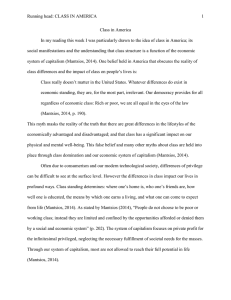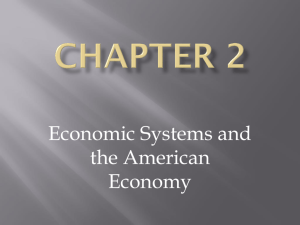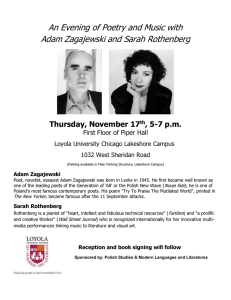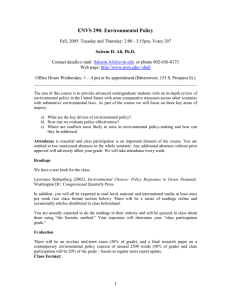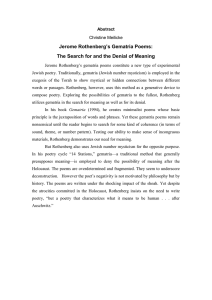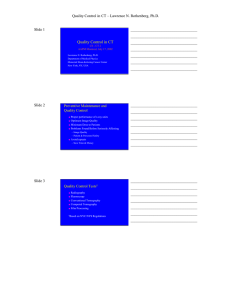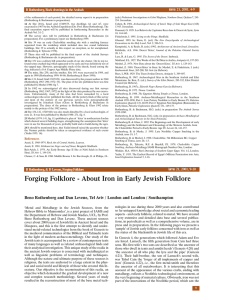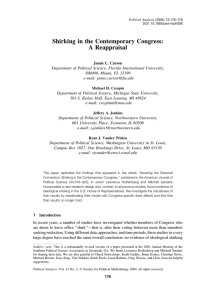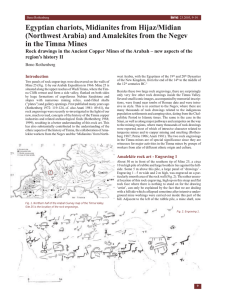Social economic disparities in America
advertisement
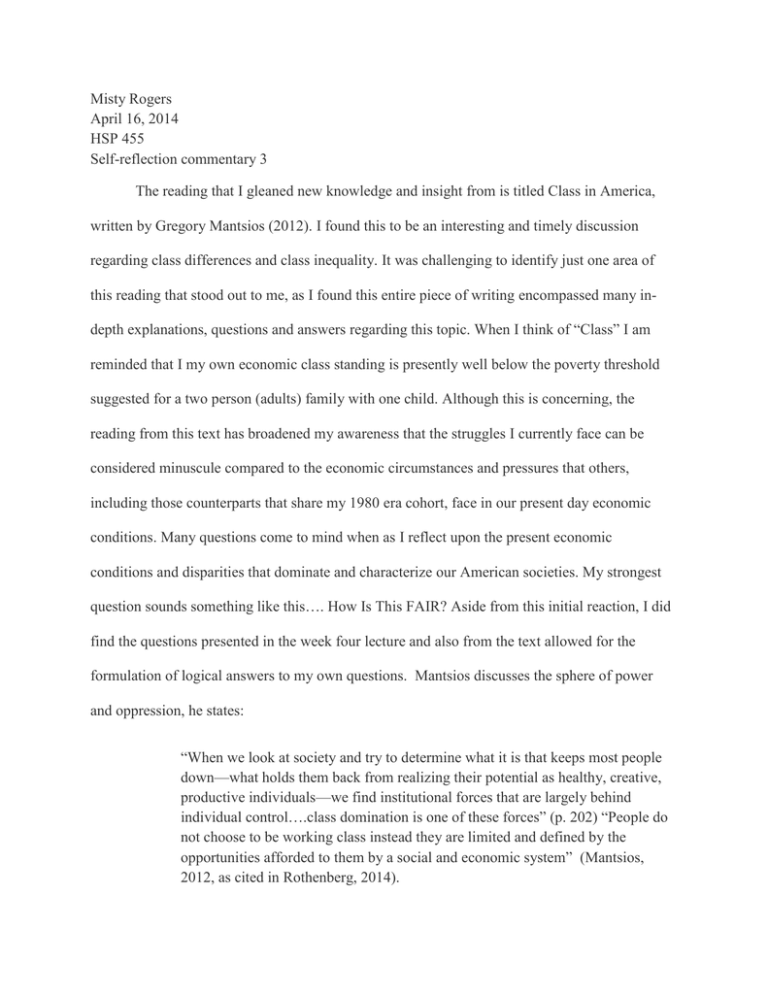
Misty Rogers April 16, 2014 HSP 455 Self-reflection commentary 3 The reading that I gleaned new knowledge and insight from is titled Class in America, written by Gregory Mantsios (2012). I found this to be an interesting and timely discussion regarding class differences and class inequality. It was challenging to identify just one area of this reading that stood out to me, as I found this entire piece of writing encompassed many indepth explanations, questions and answers regarding this topic. When I think of “Class” I am reminded that I my own economic class standing is presently well below the poverty threshold suggested for a two person (adults) family with one child. Although this is concerning, the reading from this text has broadened my awareness that the struggles I currently face can be considered minuscule compared to the economic circumstances and pressures that others, including those counterparts that share my 1980 era cohort, face in our present day economic conditions. Many questions come to mind when as I reflect upon the present economic conditions and disparities that dominate and characterize our American societies. My strongest question sounds something like this…. How Is This FAIR? Aside from this initial reaction, I did find the questions presented in the week four lecture and also from the text allowed for the formulation of logical answers to my own questions. Mantsios discusses the sphere of power and oppression, he states: “When we look at society and try to determine what it is that keeps most people down—what holds them back from realizing their potential as healthy, creative, productive individuals—we find institutional forces that are largely behind individual control….class domination is one of these forces” (p. 202) “People do not choose to be working class instead they are limited and defined by the opportunities afforded to them by a social and economic system” (Mantsios, 2012, as cited in Rothenberg, 2014). This section particularly helped me come to a greater awareness of how economic circumstances are predetermined and thus perpetuated in each individuals experience as participants in this system, as well as in which each experience is increasingly becoming harder, and with more complex challenges to overcome their present economic standing. I believe an understanding of this concept is imperative to the work I will engage in as I transition into the human services profession. Further learning was provided by Mantsios’s discussion of capitalism which helped me gain a much greater understanding of what capitalism is, and its dominating control and influence on the United States class structure. This quote from the text carried my understanding to a new level; “The class structure in the United States is a function of its economic system: capitalism, a system that is based on private rather than public ownership and the control of commercial enterprise… Class divisions arise from differences between those who own corporate enterprise and those who do not” (Mantsios, 2012, as cited in Rothenberg, 2014). An action that will assist my personal growth is to continue to increase my understanding and awareness of how economic systems, i.e. capitalism, and economic status plays a direct role in the individual’s role in our economy class stature. Also I will remain intentionally mindful to how my role as a human services professional, having been given the opportunity to develop this knowledge, can be utilized to effectively influence the ways our present economy operates. I suggest this with the intention to become a more informed voter and participant in activities that are continually taking place in our society, those that focus on the grander picture of alleviating class differences. For instance, the recent minimum wage increases adapted in King County, WA. As of present I have little to no knowledge of the potential (negative/positive) impacts this new legislation will have in the lives of everyone whom is involved. Increasing this awareness will not only satisfy a personal goal of growth, but will increase my effectiveness in the HS profession. Rothenberg, P. S. (2014). Race, class, and gender in the United States. New York: Worth Publishers.
